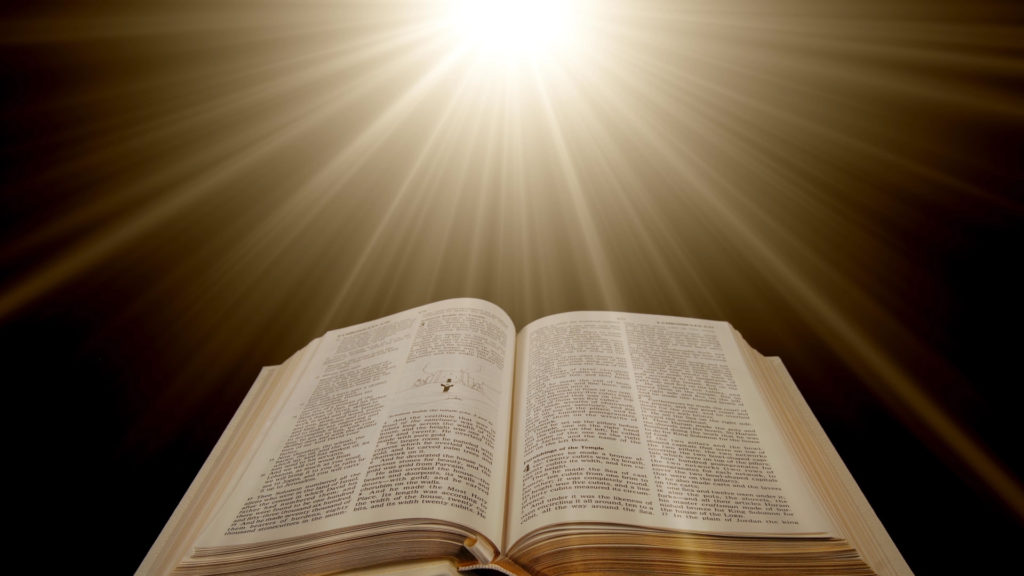Painful as it was the long struggle for independence in Zimbabwe was only the beginning of the process. Sometimes it seems as if there is even harder work ahead and that work centres on the task of waking up.
How do we open our eyes and our ears to the reality that eludes us? How do we come to a sense of confidence as a people? Fyodor Dostoevsky, the great Russian novelist, wrote in The Brothers Karamazov, ‘Salvation will come from the people, from their faith and their meekness. Fathers and teachers, watch over the people’s faith and this will not be a dream. I’ve been struck all my life in our great people by their dignity, their true and seemly dignity.’ Have we not also been struck by the dignity of the great people of Zimbabwe? Yet this dignity seems to take time to bear fruit in civic consciousness, in salvation.
On one of his tiring journeys, the people brought a deaf and dumb man to Jesus. He took the man to one side, away from the crowd, and said, ‘Ephphatha!’ ‘Be opened!’ His ears were opened and his tongue loosened. Why did Jesus take him ‘away from the crowd?’ Probably because they would misunderstand. Like crowds everywhere, their first instinct would be, ‘We have a miracle worker among us, one who fixes things instantly.’ But Jesus didn’t fix things instantly. 1980 didn’t fix things instantly. Jesus wasn’t that kind of Messiah. He had to ‘set his face towards Jerusalem’ and suffer there terribly before he could bring a lasting solution to humanity.
They took ages to understand that – even his closest followers. But they did in the end. Their eyes and ears were opened, at last. Ephphatha! We face exactly the same process. How can our eyes and ears be opened? In just one word, prayer. Every prayer is valuable; the invocation of the Supreme Being, the repeated prayer of the Indian holy man, the Jew in the synagogue, the Muslim in the mosque or any other place, the Christian saying the rosary in their home or participating in the liturgy in their church. All these are precious. But they are not enough. They all have to find their fulfilment, not in many words, but in an openness of the eyes, ears and heart; ‘Ephphatha!’
There is nothing wrong in asking God for what we want so long as we remember it is far more important to listen to what he wants. Alas, we are not good at that. We far prefer talking to him rather than listening. If we could listen to him and to each other we would quickly develop a sense of community and civic awareness.
5 Sept 2021 Sunday 23B Is 35:4-7 Jam 2:1-5 Mk 7:31-37
Post published in: Faith


